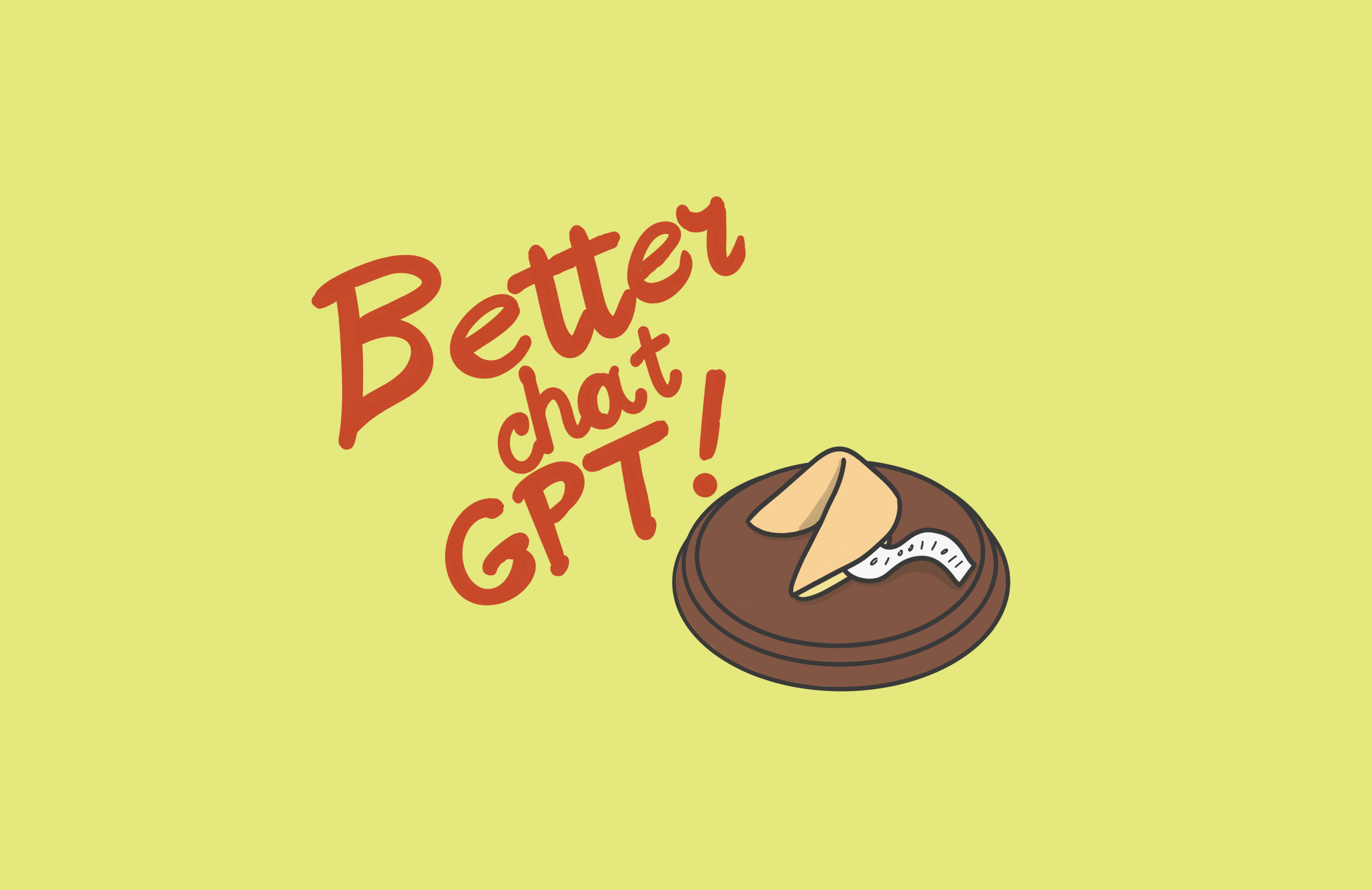By Alexandros Sainidis
The year 2019 ended with a disease outbreak which is still, though much less, creating difficulties and inconveniences. Contrary to this economically destructive factor, 2022 ended with a small Santa gift called “ChatGPT.” And I thought – this can be a very interesting development when it comes to an aspect of globalisation in the form of Private International Law.
Many are terrified . While some have been theorising that AI can extinguish the need for some tasks or jobs, we are truly witnessing leaps in terms of availability of mainstream technology. What makes ChatGPT stand out compared to other AI experiments, so far, is it’s ability to handle language and conversations. It’s a heavy hitter in terms of handling languages. The casual user of ChatGPT will compliment it for its ability to carry out thoughtful and extravagantly intelligent human conversations, though mostly in an ‘affirmative’ tone. Indeed it does mistakes, or provides an incorrect answer in a convincing manner. Nevertheless, it is a watered down version of the real deal and even in its limited form it displays just how far can “language” go.
Languages, in the broad sense, are not limited to words. You can express different parameters of a vase better in different languages in the following ways
1. Using literal, objective adjectives (white, tall, colourful)
2. Metaphorical phrases to express the feelings we associate with it (a menacing vase, which makes you feel it contains an ancient curse which will possess an omniscient AI and rule the world once broken)
3. Math and geometry (this vase is 15 centimetres tall and has a radius of 5 centimetres)
4. Draw it on a piece of paper – this is why sketching could be regarded as a form of communication
5. Other ways I am possibly not aware of, at the moment

So is Law a Language?
Yes, closer to a programming one. It attempts to program human behaviour by using incentives (rights, rewards) and counterincentives (prohibition, punishment). It sets conditions and most importantly a hierarchy of conditions. Private International Law asks the following question: if every country has its own set of rules, which ones do we follow when there are many countries involved because some individuals got more international than they could chew?
And what can a ChatGPT do for that?
Imagine instead of checking the laws and cases of each country, as well as the effects of bilateral and multilateral agreements you simply connected a ChatGPT or a ChatGPT copy/improvement to a large and up to date legal database. This ensures that the engine has access only to verified information and eliminates noise created by irrelevant or unreliable sources. With one input of the events that took place and data from documents, the LawGPT can easily compare and see what applies, within seconds. This means that legal consulting can change overnight. It would not come as a surprise if the leading global law firms have created a similar internal database already. Lawyers are notorious for storing their own rabbit-holes of experience and the AI-assisted use of legal data could easily be the outcome of a digital transformation policy implementation. So how should a lawyer differentiate themselves in terms of quality of their services, if LawGPT can be very effective?
In the end it’s about Soft Skills
Unsurprisingly, clients prefer to be around humans. Power of speech is not only about proving a point at court. It’s about handling your customers by genuinely being interested in what they are dealing with. This can be demanding and draining, which is why many lawyers avoid it as much as it can – but that’s how you score points. The number one problem is lack of proactivity. Lawyers lose too much energy appeasing an agitated client instead of being proactive. For example, if the client needs to wait 20 days for a divorce paper coming from Sri Lanka and they don’t know about it yet, would they be more angry:
a. When the lawyer calls the client and communicates it since day 1
or
b. When the client calls the lawyer on day 10
If the client calls first, chances are that the client will think that they totally forgot about it and only filed an application now that they were reminded. In a chess match with a client, always choose white.
Others forget culture. Is it okay to call a client of an Arab state at any point of the day? Do we expect all public administrations around the world to follow or accept the same patterns of communication? What about foreign lawyers; are there any customs or protocols to follow when going against Malagasy ones? You can answer those far better than a robottorney, because it’s not just about words. It’s about behaviour.


Published by